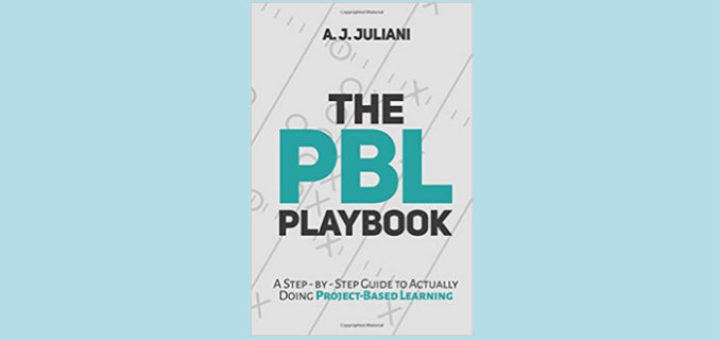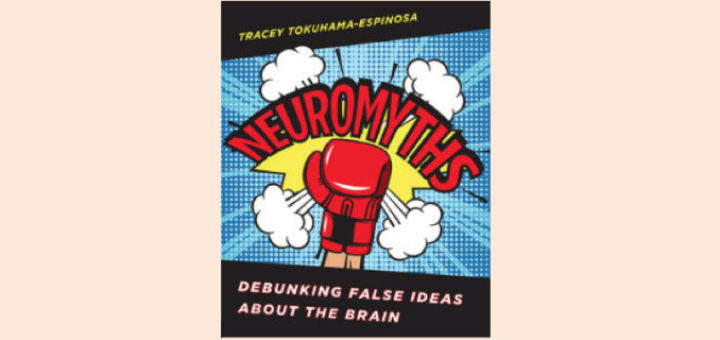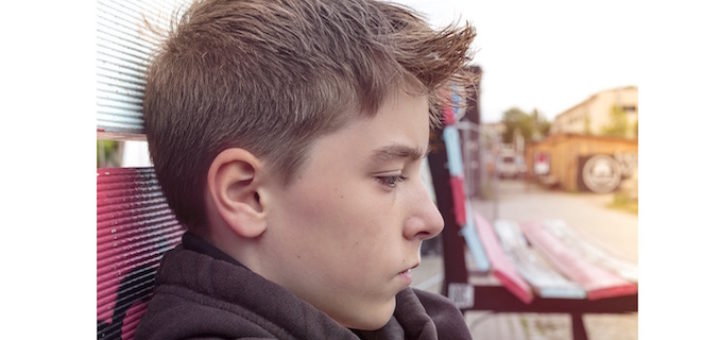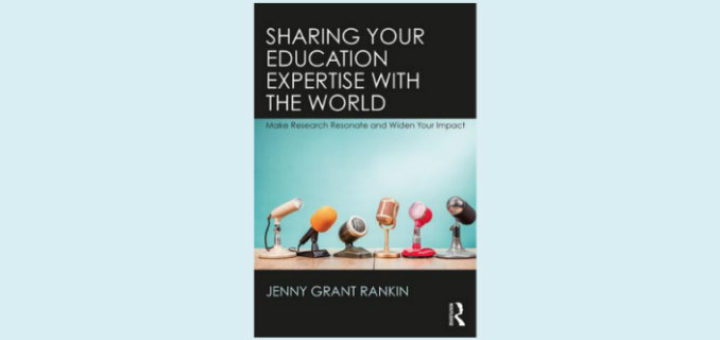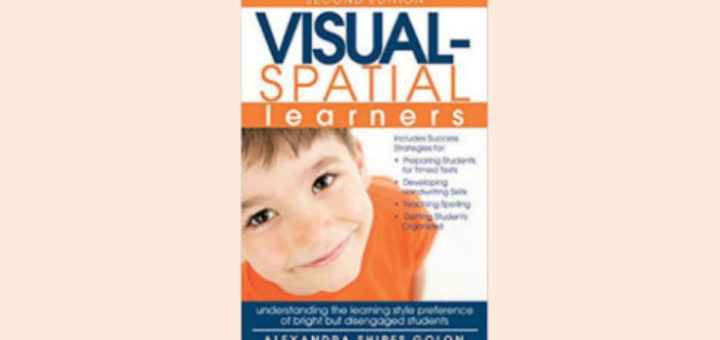Teaching and learning in grades 4-8
Teacher leader Kevin Hodgson finds much to like in A.J. Juliani’s The PBL Playbook. The text is built around practical advice for PBL implementation and classroom experiences. For beginners Juliani’s stories are a lifeline, offering mentor examples and lesson analysis.
Neuromyths serves as an important reference for teachers who want to sort through competing claims before jumping on the brain-based bandwagon, writes teacher Mary K. Marsh. The book provokes teachers into questioning what really makes an approach neurologically based.
Recently for the first time 10-year veteran Michelle Russell gave students extra credit for an optional assignment. It worked! And helped her realize she needed to examine other classroom practices to see if they had merit or were just old habits that needed rethinking.
Understanding all aspects of a student’s learning “portrait” is critical for us to ensure their success. Although we typically look at areas like readiness or ability, notes teaching expert Barbara Blackburn, we also need to consider culture, Maslow’s hierarchy, and SEL.
Making the usual New Year resolutions to “do better” can bring out her “inner Scrooge” says veteran middle grades teacher Mary Tarashuk. After reflecting on nearly two decades of classroom wonder and success, she decides to opt for her “inner Frosty” instead.
Sharing Your Education Expertise with the World helps educators contribute their professional know-how to the larger education community. NBCT Rita Platt reports it is packed with great tips and resources for educators to widen spheres of influence and accelerate careers.
In the 2nd edition of Visual-Spatial Learners, Alexandra Shires Golon looks at the needs of these often bright but disengaged students. Golon explains the brain science underlying student learning and offers extensive tools for differentiation, says teacher Joanne Bell.
Students getting a bit bored with your classroom library? The return from winter break is a perfect time for a “refresh,” says teacher Megan Kelly. She stretches her dollars by purchasing nonfiction books with broad appeal. Here are a few of her cross-content favorites.
It’s true. Teachers in K-6 need to prepare students for STEM and engineering careers that don’t exist yet. The solution? Focus on gifting our younger students with a broad range of inquiry experiences and collaborative know-how, writes STEM education expert Anne Jolly.
The 2018 State of the Kid survey by the Highlights organization reveals appreciation for teachers is increasing among kids aged 6-12. And tweens are finding their voice and aspire to use it for change. But areas of concern remain, explains Editor in Chief Christine Cully.

